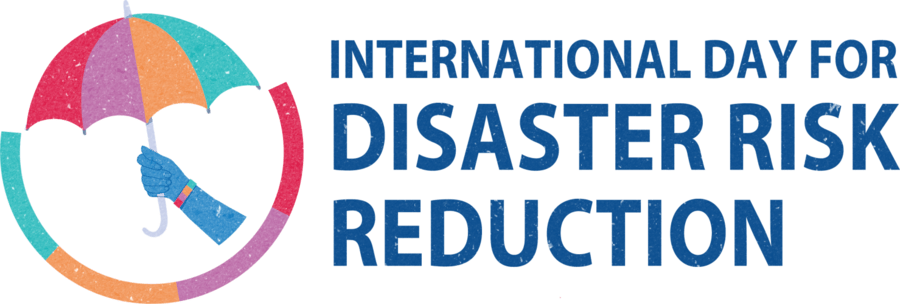United Nations Children's Fund (UNICEF)
Explore further
UNICEF, originally called the United Nations International Children's Emergency Fund in full, now officially United Nations Children's Fund, is an agency of the United Nations responsible for providing humanitarian and developmental aid to children worldwide. The agency is among the most widespread and recognizable social welfare organizations in the world, with a presence in 192 countries and territories. UNICEF's activities include providing immunizations and disease prevention, administering treatment for children and mothers with HIV, enhancing childhood and maternal nutrition, improving sanitation, promoting education, and providing emergency relief in response to disasters.
Disaster risk reduction has long been a priority for UNICEF, in light of the organization’s dual humanitarian and development mandate. In the 1990s, UNICEF supported the International Decade for Natural Disaster Reduction and in 2005 endorsed the Hyogo Framework for Action 2005-2015. UNICEF supports the implementation of the Sendai Framework for DRR (2015 2030) as well as the 2015 Paris Climate Agreement and the Sustainable Development Goals (SDGs).
UNICEF's DRR Goals are:
1) DRR for children and women, including those with disability, is a national and local priority
2) Different risks faced by girls, boys, and women are identified and addressed
3) Safer and more resilient conditions for girls, boys, and women are promoted
4) Humanitarian Preparedness, response, & recovery
is strengthened through the capacity development of stakeholders at all levels
Policies and Programmes in DRR
UNICEF is working to integrate DRR into its programming across all sectors and to support governments in the implementation of the Sendai Framework. Capacities to implement child-centered disaster risk assessments have been strengthened in a number of regions. Progress has been made in strengthening the capacity of health and nutrition systems to deal with major causes of mortality and morbidity at local level; water systems have been protected and adapted to continue to function during different types of disasters; school safety has been strengthened and evacuation plans confirmed; and child protection reinforced to deal with displacement, separation and violence against vulnerable children in regions of high vulnerability and chronic crises.
Making Cities Resilient Campaign Activities
UNICEF is an active partner in disseminating and sharing information related to Disaster Risk Reduction activities. UNICEF has committed to support UNISDR campaign through all his network of partners. UNICEF has facilitate and take part on many events along with UNISDR opening venues and strongly supporting efforts in building community resilience with emphasize in children and women playing an active role in DRR.
The Sendai Framework Voluntary Commitments (SFVC) online platform allows stakeholders to inform the public about their work on DRR. The SFVC online platform is a useful toolto know who is doing what and where for the implementation of the Sendai Framework, which could foster potential collaboration among stakeholders. All stakeholders (private sector, civil society organizations, academia, media, local governments, etc.) working on DRR can submit their commitments and report on their progress and deliverables.
